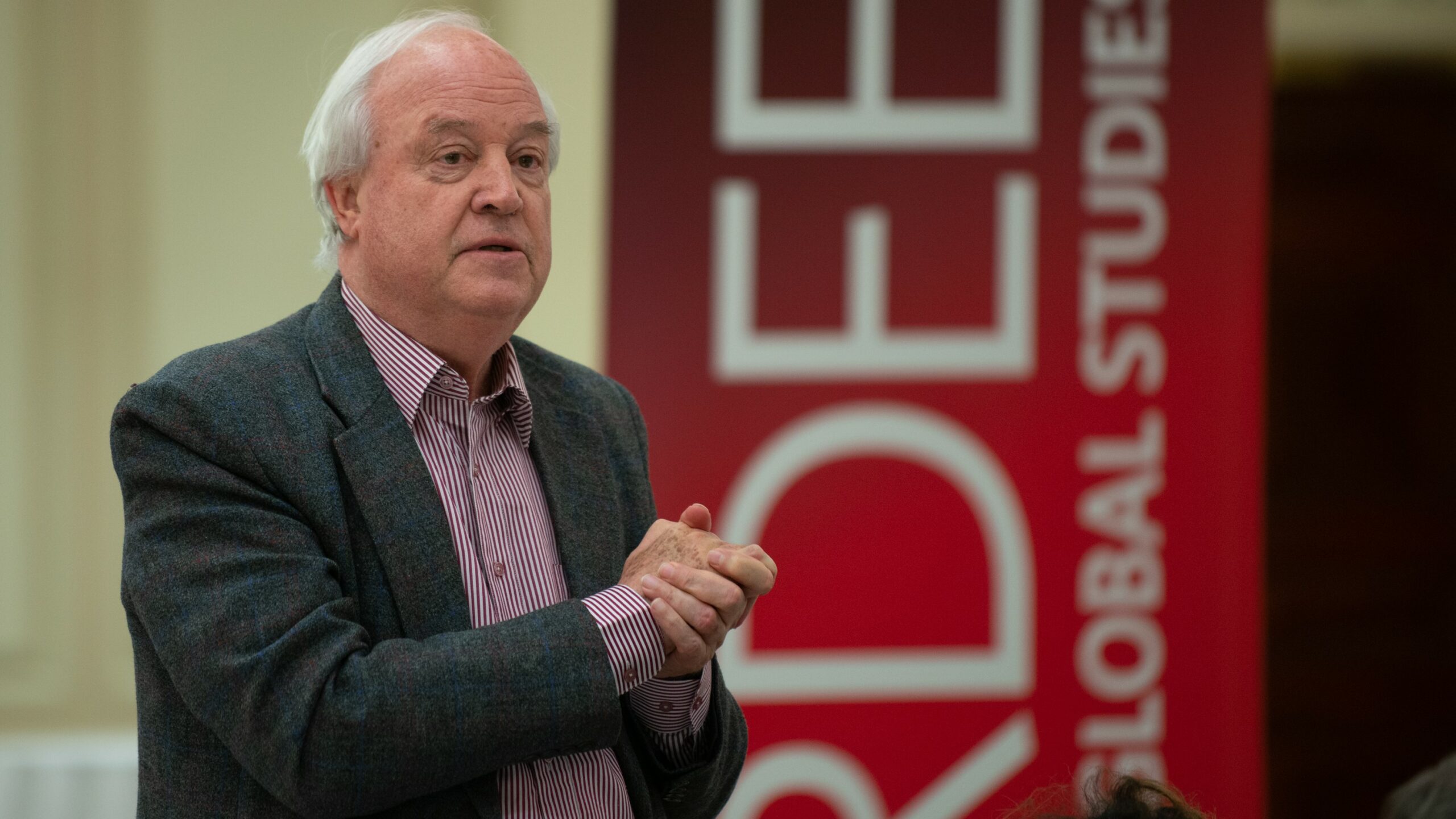Heine Offers Perspective on Active Non-Alignment in The Economist

In an article from The Economist, Jorge Heine, Research Professor at Boston University’s Frederick S. Pardee School of Global Studies and Interim Director of the Frederick S. Pardee Center for the Study of the Longer-Range Future, commented on active non-alignment in diplomatic affairs.
The article and cover story, “How to Survive a Superpower Split,” explores the growing trend of countries avoiding entanglement in other countries’ affairs if it does not serve their own interests — or, as Heine defines it in his latest book, active non-alignment. In the article, Heine discusses the motivations behind countries’ increasing neutrality to seemingly ‘great power issues.’ He contrasts diplomatic tactics from the 20th century, where “countries often passively drifted into one or other of the superpowers’ orbits,” with the 21st century, where countries take more “more ‘active’ evaluation of the best means to achieve particular ends.”
The full article can be read on The Economist’s website.
Ambassador Jorge Heine is a Research Professor at the Pardee School of Global Studies at Boston University. He has served as ambassador of Chile to China (2014-2017), to India (2003-2007), and to South Africa (1994-1999), and as a Cabinet Minister in the Chilean Government. Read more about Ambassador Heine on his Pardee School faculty profile.